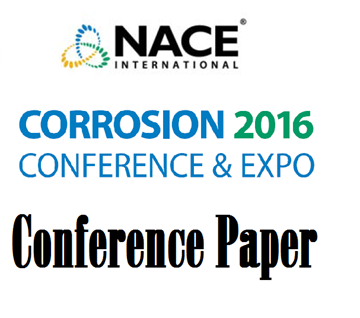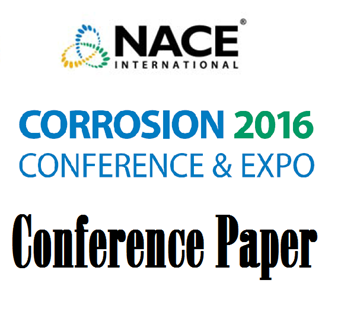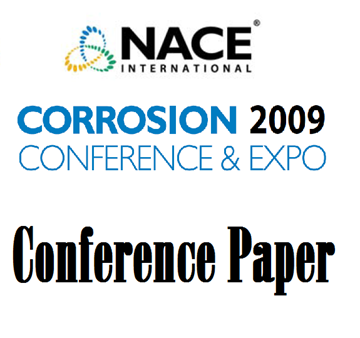Search
51316-7211-Impact of Charging Conditions and Membrane Thickness on Hydrogen Permeation: Thick/Thin Membrane Concepts Revisited
Also Purchased
51316-7212-Formation of Galvanic Cells and Localized Corrosion under Atmospheric Conditions
Product Number:
51316-7212-SG
ISBN:
7212 2016 CP
Publication Date:
2016
$20.00
51316-7186-Corrosion Control Of On-Grade Petroleum Products Storage Tank Bottoms Using Impressed Current Cathodic Protection System with Continuous Anode Bed
Product Number:
51316-7186-SG
ISBN:
7186 2016 CP
Publication Date:
2016
$20.00
09067 Isolation Joint Stray Currents – Experimental Testing and Modelling
Product Number:
51300-09067-SG
ISBN:
09067 2009 CP
Publication Date:
2009
$20.00




